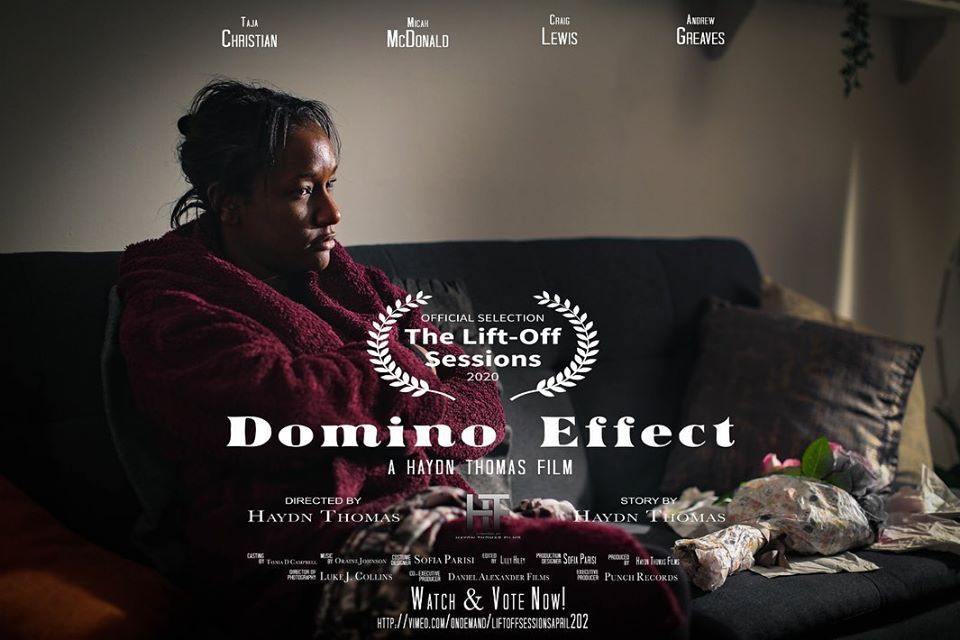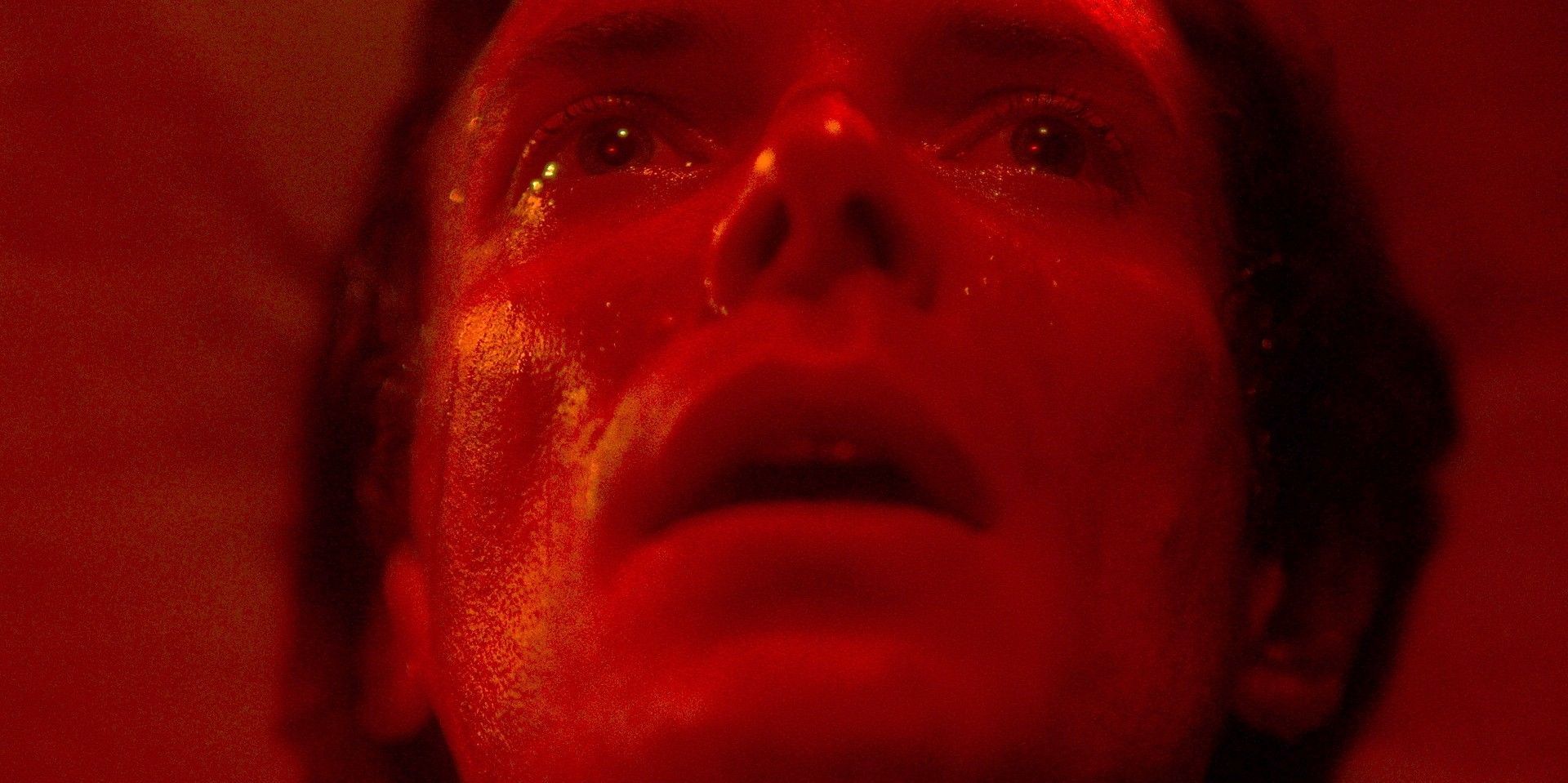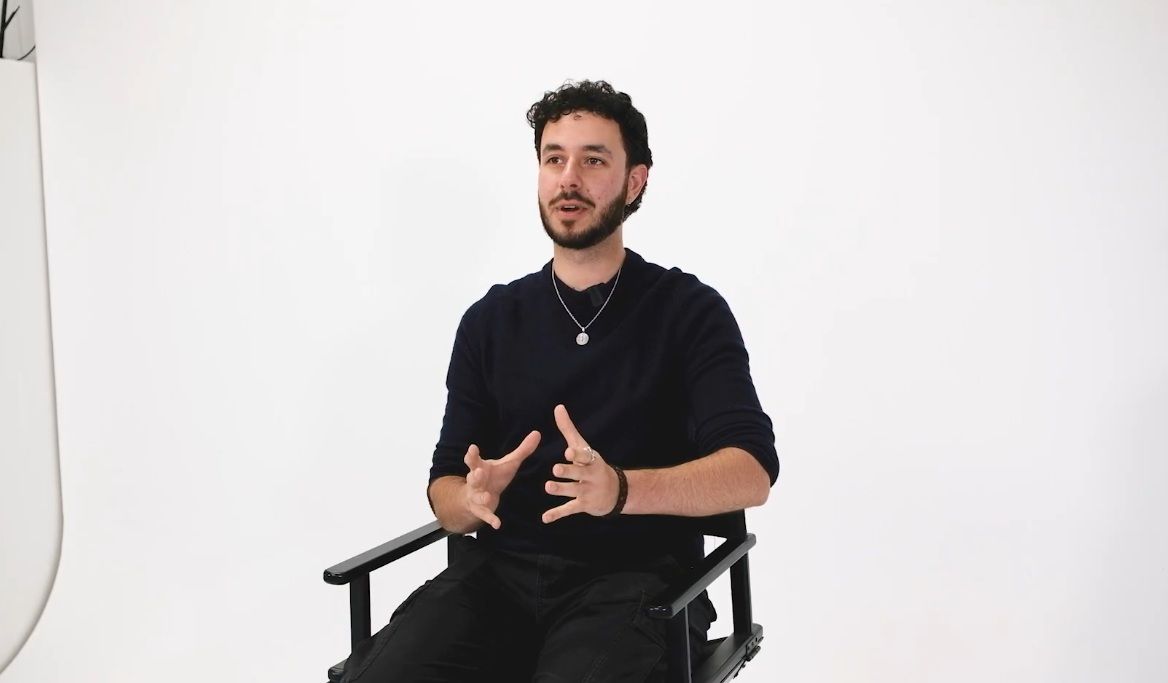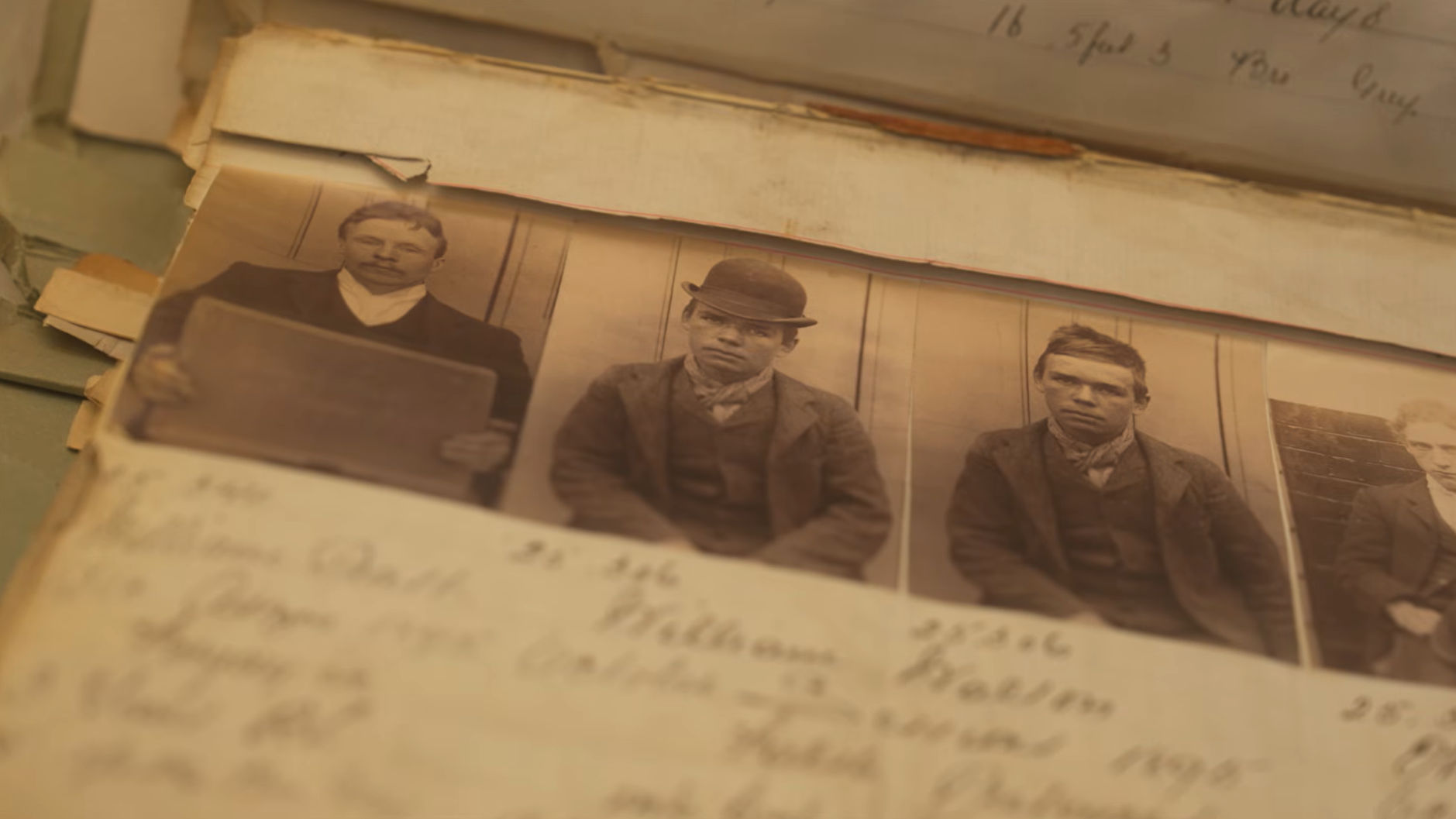Midlands Review of Domino Effect
midlandsmovies • April 24, 2020
Midlands Review of Domino Effect

Domino Effect
Directed by Haydn Thomas
2020
New drama Domino Effect comes from West Midlands filmmaker Haydn Thomas which looks at the fallout of a shocking street incident and the ripples that are subsequently caused by it.
A man sits in a BMW late one night and hands over a package and a gun to a friend asking him to “put him down quick”. Dark and foreboding, the film quickly sets up a mystery as we wonder who these men are and what their plan is.
We cut to a daytime kitchen where a younger boy Tyrique (Micah McDonald) speaks with his busy mum (Taja Christian) and asks her to record his new poem into his mobile phone. The boy then chats to a girl before his father (Craig Lewis) returns home. The director does very well to convey a sense of a loving family with each small interaction building to a cohesive whole.
Yet this blissful bond between these loved ones is destroyed in an instant when Tyrique is attacked from behind by the same man we saw in the opening. Knifed in the chest, he falls to the ground as the assailant runs from the scene.
A horrific surprise, the director shifts tone with ease, keeping the audience engaged with unexpected turns in the narrative and focus.
Back at home, the happy mum and dad are unaware of the awful situation involving their son as a stranger at the scene calls the emergency services.
The director’s personal vision is clearly imprinted all over all the film. With a real-life tragedy effecting his own family, Thomas Haydn has approached his subject matter with knowledge and with a sense of personal connection. The laughs and tears shown no doubt reflect the director’s past situation and the emotions have been well portrayed on screen.
Touching upon the aftermath too, the film shows how one incident can touch lots of people’s lives. “Dominos” fall one after the other, as the tragedy knocks into others’ lives without any sense of stopping. The issue of blame and responsibility is a difficult subject to tackle. Here there are times when the space between the dialogue that hits home most as we see subtle introspection contrasting the harsh words.
Tears, arguments and depression are shown as natural fallout and the passing of time and erasing of their memory – as well as part of yourself – is a technique cleverly shown with some transparent dissolve effects.
With a small budget and a sizeable cast, the director has excellently explored several timely issues with sensitivity and first-hand experience of its tragic themes. Showing how just one event can affect multiple people – even years later – makes this short not just a great personal passion project, but one with hugely important things to say about the sometimes violent world around us.
Michael Sales

Expanded from director Thibault Emin’s 2007 short film of the same name, Else boasts a really strong premise but struggles out of the starting gates. A bizarre virus which merges people with their surroundings forces the introverted Anx (Matthieu Sampeur) and extroverted Cass (Edith Proust) to hunker down in Anx’s apar




